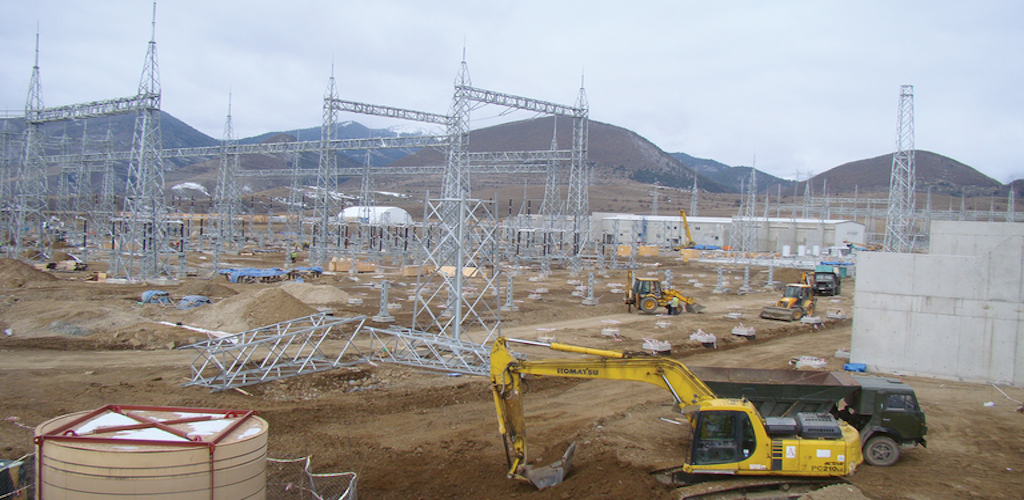Aug 20 | 2020
(Global) Major Grid Investment Expected

Major investment to integrate renewable power into electricity networks is expected to drive construction of new grid infrastructure, supporting a wave of breakbulk activity over the next decade, according to standards agency DNV GL.
Predicting that renewables will account for 66 percent of global electricity production by 2050, the agency points to major challenges facing the industry and the need to build new grid systems to ensure interoperability.
“Huge investment is required to reimagine existing power grids, driven by the need for renewables integration, energy storage facilities, system expansion, the promise of digitalization and increased energy security,” said Ditlev Engel, CEO of DNV GL Energy.
Accelerated Change
The findings are published in DNV GL’s Transition Faster Together report, which highlights the accelerated rate of change in the power sector, brought on by the Covid-19 pandemic.
“During the coronavirus crisis renewables have demonstrated their reliability with higher proportions of variable renewables supplying power demand, for example, for two months in the UK, no coal-powered electricity was generated – the longest period since the 1880s," the report’s authors state.
Resistance to overhead lines is also expected to spur greater deployment of long-distance transmission technologies based on HVDC and high-voltage cables, requiring a range of ancillary equipment for construction.
Fundamental Change
A move to decentralized power, coupled with greater deployment of large-scale offshore wind power, is driving additional pressure on grids, motivating construction of new infrastructure as operators, owners and investors focus on new technologies to support balancing and flexibility markets.
“The energy transition is forcing fundamental change for the power system and the industries that manage it. Integrating variable renewable energy sources will require large-scale investment in network modernization and extensions,” the authors said.
Headquartered in Høvik in Norway, DNV GL is an international accredited registrar and also provides technical consultancy to the energy and transport sectors.
Subscribe to BreakbulkONE and receive more industry stories and updates around impact of COVID-19.


